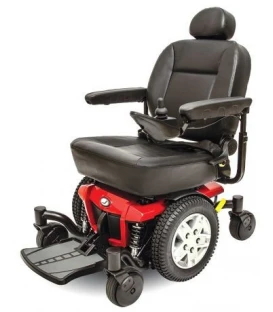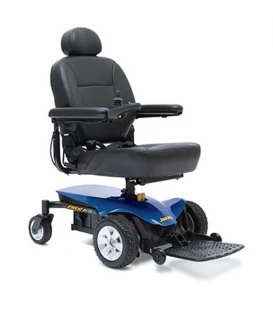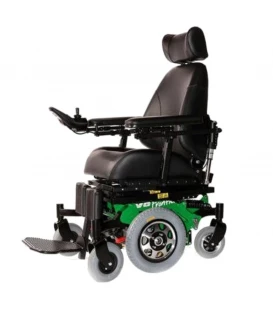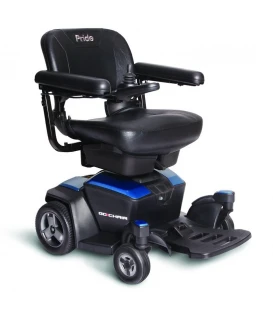The Benefits of Power Wheelchairs vs. Manual Wheelchairs: Enhancing Mobility and Independence
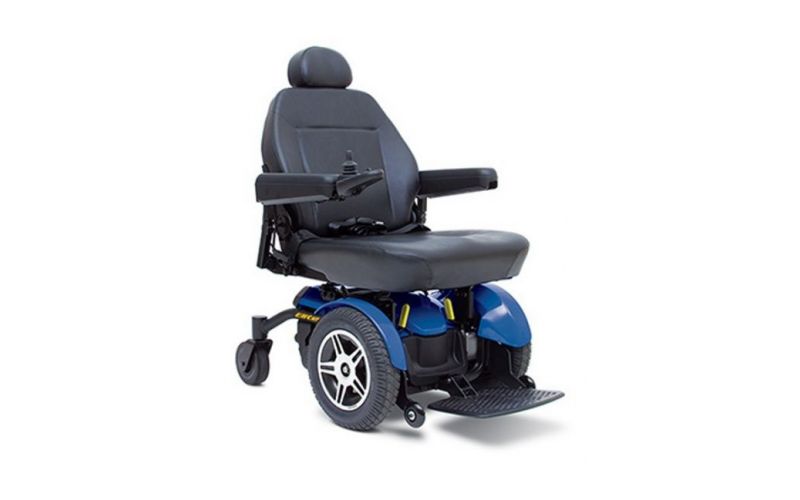
When choosing a wheelchair, individuals with limited mobility face the decision between power wheelchairs and manual wheelchairs. Power wheelchairs, also known as electric wheelchairs, offer numerous advantages over manual wheelchairs. In this article, we will explore the benefits of power wheelchairs and how they enhance mobility, independence, and overall quality of life for wheelchair users. By understanding the unique features and advantages of power wheelchairs, individuals can make informed decisions when selecting the most suitable mobility solution for their needs.
Enhanced Mobility and Independence
Power wheelchairs are incredibly user-friendly, operated effortlessly using a simple joystick control. This ease of use allows individuals with limited upper body strength or mobility impairments to maneuver the wheelchair independently. With powerful motors and batteries, power wheelchairs provide increased range and speed, allowing users to cover greater distances and navigate various terrains more efficiently. They eliminate the physical strain of self-propulsion required by manual wheelchairs, reducing strain on the upper body and minimizing the risk of repetitive stress injuries.
Power wheelchairs are designed to enhance accessibility in both indoor and outdoor environments. They can navigate inclines, uneven surfaces, and obstacles, providing users with greater freedom to access various spaces and engage in activities. These wheelchairs incorporate safety features such as anti-tip mechanisms, seat belts, and robust braking systems, ensuring a secure and stable ride.
Another advantage of power wheelchairs is their customization and adaptability. Users can customize their power wheelchairs with various seating options, adjustable positions, and additional accessories to ensure optimal comfort and postural support. This personalization caters to individual needs and preferences.
Psychological and Social Benefits
Power wheelchairs have a positive impact on psychological and social well-being. They boost self-confidence and self-esteem by providing users with a greater sense of control and independence. By effortlessly navigating their surroundings, individuals experience an increased sense of empowerment and positive self-image.
These wheelchairs promote social engagement and reduce social isolation. Users can actively participate in outings, gatherings, and recreational activities, fostering a sense of belonging and connection with family and friends. Additionally, power wheelchairs enable individuals to access educational institutions and navigate workplace environments, expanding their opportunities for education and employment.
The mental health benefits of power wheelchairs are significant. They contribute to improved mood, self-worth, and overall mental well-being by enabling individuals to maintain social connections, pursue hobbies, and engage in activities they enjoy.
Power wheelchairs also decrease dependency on others for mobility assistance. This independence enhances autonomy, reduces the burden on caregivers and family members, and allows users to maintain their dignity.
Conclusion
Power wheelchairs provide numerous advantages over manual wheelchairs, including enhanced mobility, independence, and improved quality of life for individuals with limited mobility. The ease of use, increased range and speed, reduced physical strain, improved accessibility, enhanced safety features, customization options, and psychological and social benefits make power wheelchairs an invaluable mobility solution. By understanding these advantages, individuals can make informed decisions when choosing a wheelchair that aligns with their specific needs, empowering them to lead active, fulfilling lives.











